HOA Insurance Adjuster Support: A Complete Guide for Homeowners Associations Handling Property Damage
.svg)
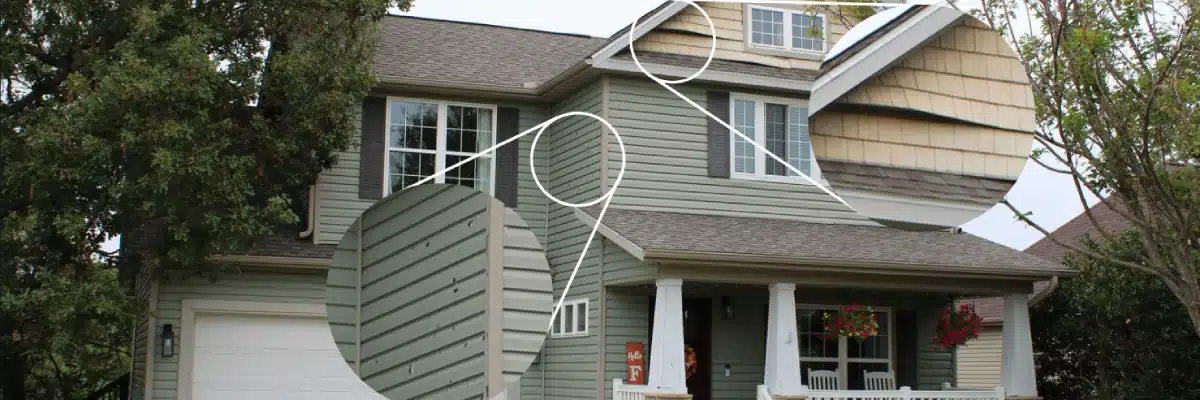
Why HOA Insurance Claims Are More Complicated Than Standard Property Claims
When property damage strikes within a community governed by a Homeowners Association, the insurance claim process is far more complex than a typical residential claim. HOAs are responsible for shared structures, exterior elements, and common spaces that serve dozens—sometimes hundreds—of homeowners. A single incident such as a storm, roof leak, fire, or plumbing failure can affect the entire neighborhood at once, requiring a level of coordination and documentation that most boards are not prepared to manage.
The challenge begins with determining what the HOA is responsible for versus what individual homeowners must handle. These responsibilities are defined by governing documents such as CC&Rs, bylaws, and maintenance agreements—yet many of these documents are outdated, vague, or open to interpretation. Insurance carriers often take advantage of this ambiguity to push certain repair costs back onto homeowners or to limit the HOA’s coverage.
Meanwhile, board members typically serve on a volunteer basis and do not have professional experience with large-scale insurance claims. This creates an imbalance between the HOA and the insurer—one party handles major claims every day, while the other may face them only a few times per decade. Without expert guidance, HOAs risk missing key documentation, accepting low estimates, or failing to account for code upgrades and long-term structural issues.
A professional HOA insurance adjuster ensures the association understands its obligations, gathers strong evidence, and protects the financial interests of the entire community.
How Damage Spreads Across HOA Communities — and Why Documentation Must Be Immediate
Community-wide property damage rarely affects only one building or one area. Windstorms can tear shingles off multiple roofs. Roof leaks can run through attic spaces and shared structural cavities. Plumbing failures can impact walls and floors across attached units. Even vandalism or vehicle impact can cause problems that extend beyond the initial point of contact.
Because HOAs manage large-scale infrastructure, damage often spreads through:
• Shared roofing systems
• Exterior walls and siding
• Parking lots, walkways, and fencing
• Clubhouses, gyms, and recreational facilities
• Water lines and drainage systems
• Electrical systems serving multiple buildings
When insurers investigate these losses, they often attempt to isolate each section of damage to minimize payouts. A leaking roof may be labeled as “minor,” even if multiple units were affected. Structural moisture may be dismissed as pre-existing or unrelated. Damaged amenities may be undervalued or categorized as cosmetic instead of functional.
Immediate, thorough documentation prevents these tactics from succeeding. A proper claim must capture the full impact of the event, not just the most obvious damage. Professional assessments, moisture readings, engineering reports, and photographic evidence form a complete narrative that strengthens the association’s position and reduces the risk of disputes.
Why HOAs Often Face Claim Delays, Underpayment, and Denials
Insurance carriers approach HOA claims with heightened scrutiny. Because payouts are typically much larger than single-home claims, insurers look for ways to reduce their financial exposure. This commonly leads to:
Claim delays — Carriers request repeated documentation, schedule multiple inspections, or dispute responsibility between the HOA and unit owners.
Partial approvals — Insurers may approve repair of only the most visible damage while ignoring hidden structural deterioration.
Depreciation disputes — Older communities are often penalized with heavy depreciation, even when replacement is required to meet code.
Responsibility shifting — Carriers may claim certain components fall under homeowners’ policies rather than the HOA’s master policy.
Lowball estimates — Cost evaluations may be based on outdated pricing or minimal repair scopes.
When an HOA attempts to handle the claim alone, these challenges result in significant financial strain. Special assessments may become necessary if insurance does not fully cover the loss, leading to frustration from residents and potential legal disputes.
HOA insurance adjuster support eliminates these uncertainties. A professional advocate ensures the carrier correctly interprets policy language, honors required coverage, and accounts for real-world repair costs rather than reduced or inadequate estimates.
How Public Adjusters Help HOAs Secure Fair and Accurate Settlements
A public adjuster specializing in HOA claims provides expertise that most community boards simply do not have. Their involvement changes the dynamic of the entire claim process.
They assist the HOA by:
• Conducting a full inspection of all affected structures
• Coordinating access to individual units when necessary
• Preparing a complete damage report based on industry standards
• Ensuring the insurer acknowledges code upgrades, safety requirements, and modern materials
• Using updated local pricing data to produce accurate repair estimates
• Challenging undervalued or incomplete insurance assessments
• Managing communication between the board, homeowners, and the insurance company
• Preventing rushed decisions or premature acceptance of low settlements
Because HOAs must protect financial stability for the entire community, accepting an incomplete payout can have long-term consequences. A public adjuster provides the strategy, documentation, and negotiation power necessary to secure a settlement that reflects the true cost of restoring shared property.
Conclusion
Property damage within an HOA community is more than an inconvenience—it’s a large-scale challenge that affects multiple buildings, shared amenities, and the financial well-being of every homeowner. The insurance claim process is often overwhelming for volunteer board members who are unfamiliar with complex policies and large-loss negotiations.
With HOA insurance adjuster support, associations gain a knowledgeable advocate who ensures the claim is properly documented, fairly evaluated, and fully compensated. This guidance protects the community’s infrastructure, prevents unnecessary out-of-pocket expenses, and helps the HOA recover quickly and efficiently.



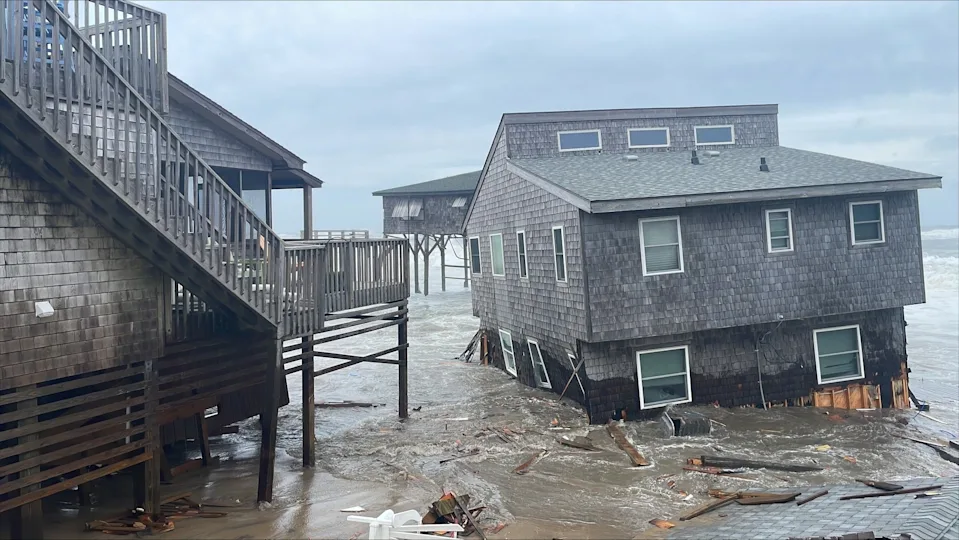
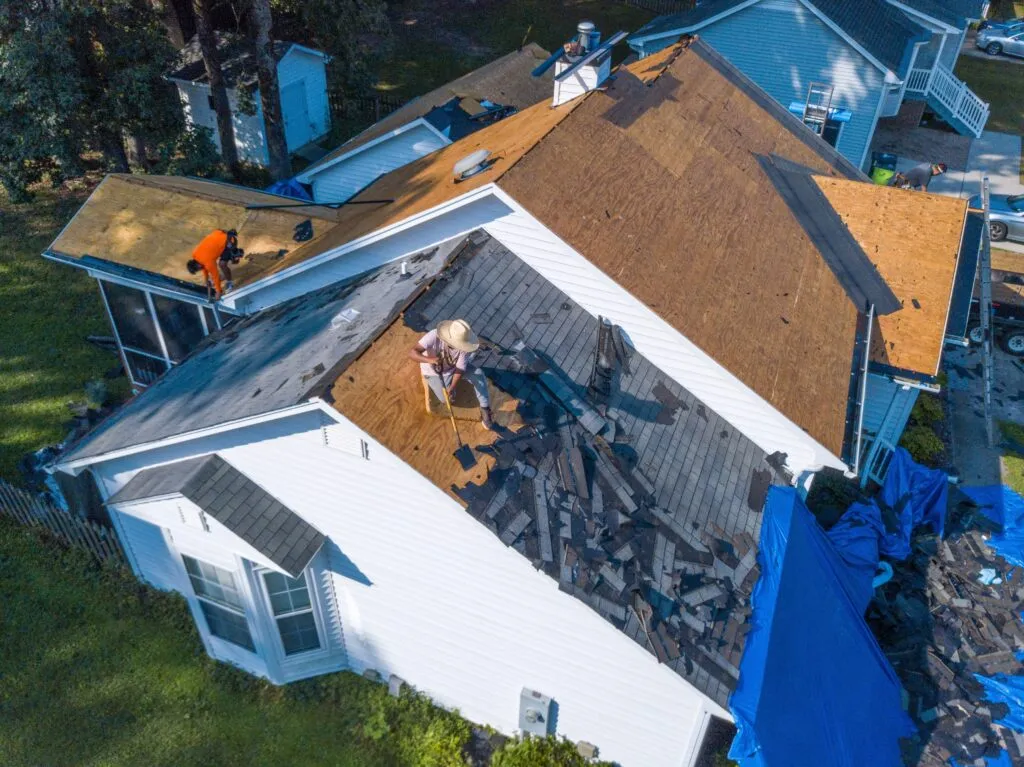

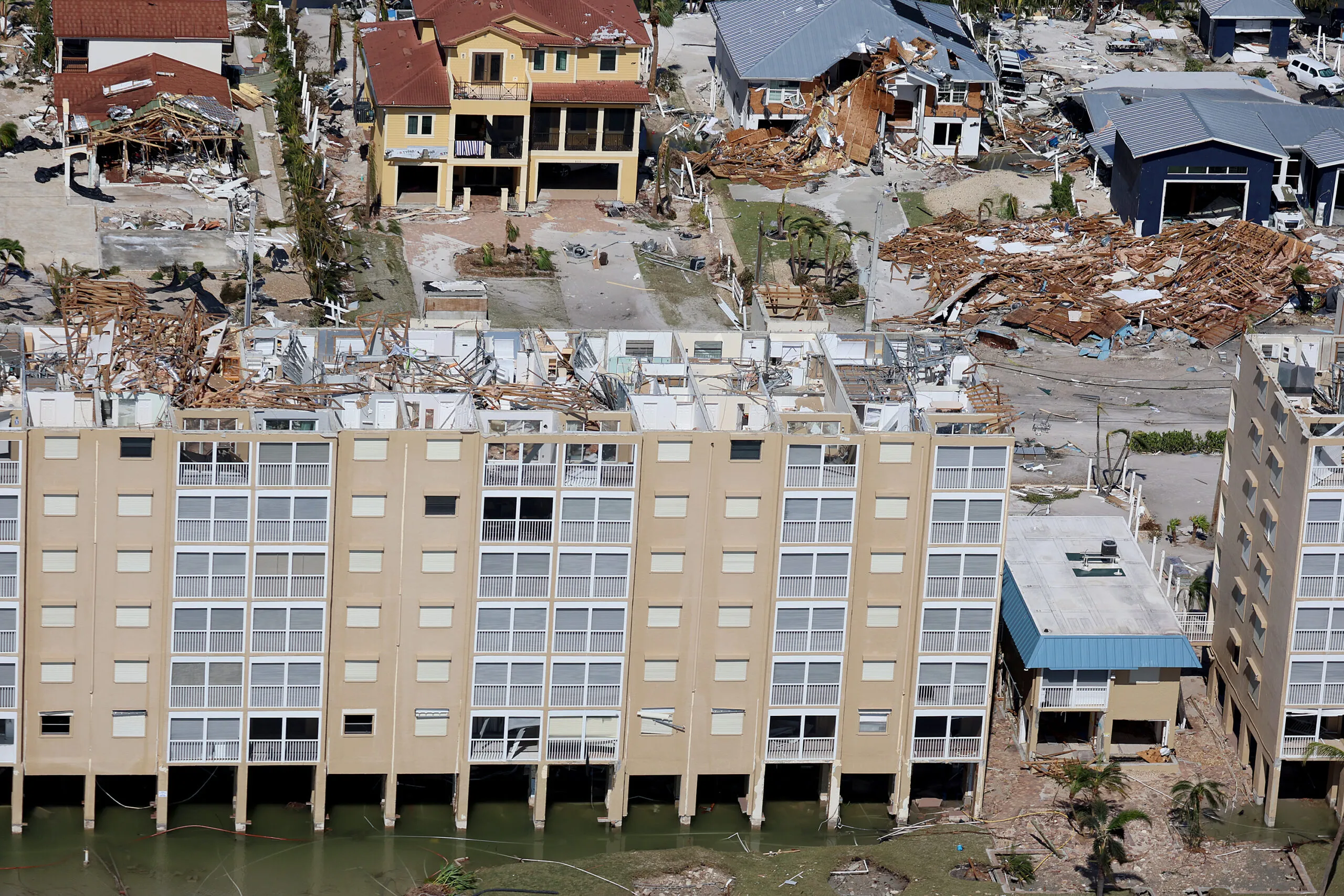
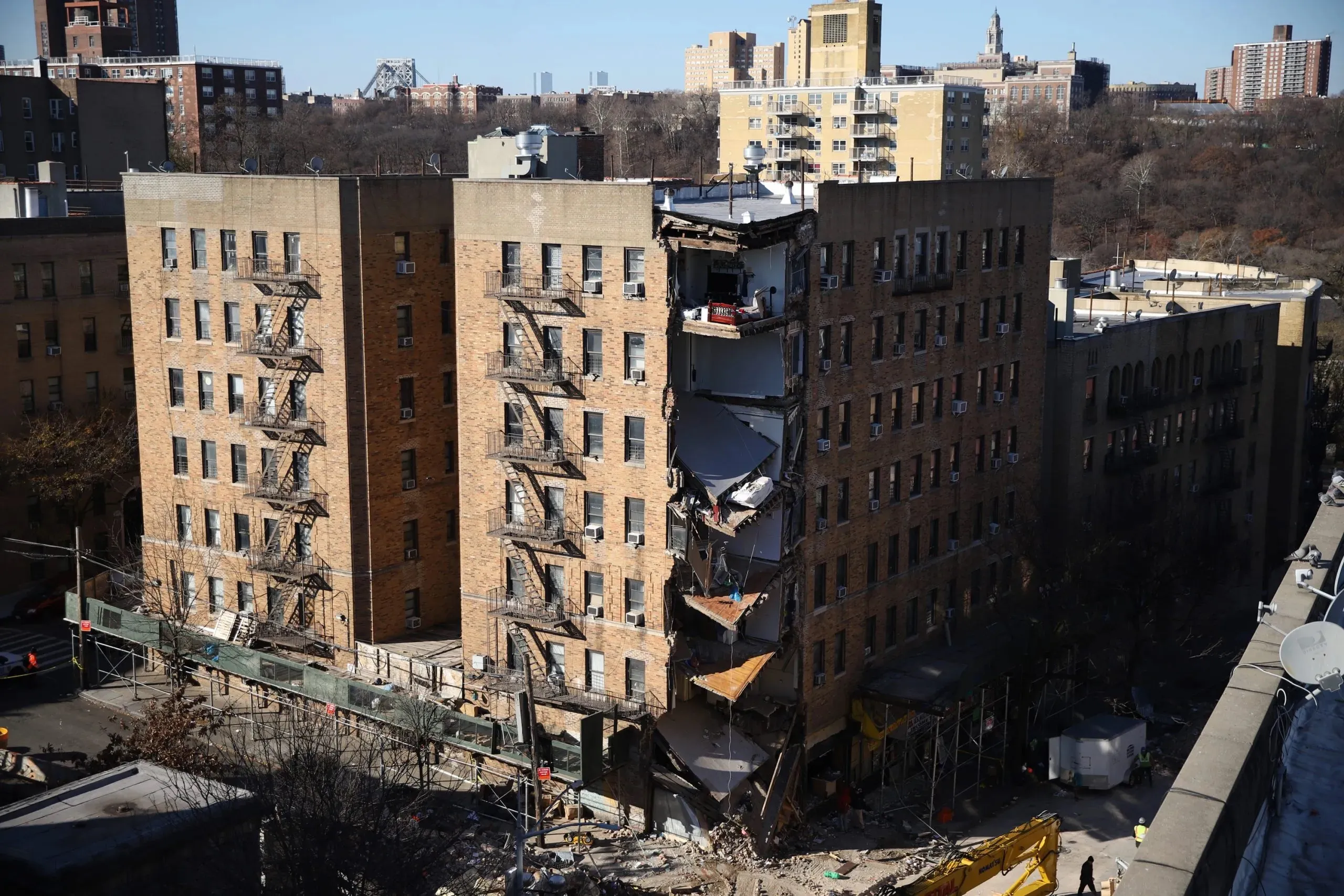
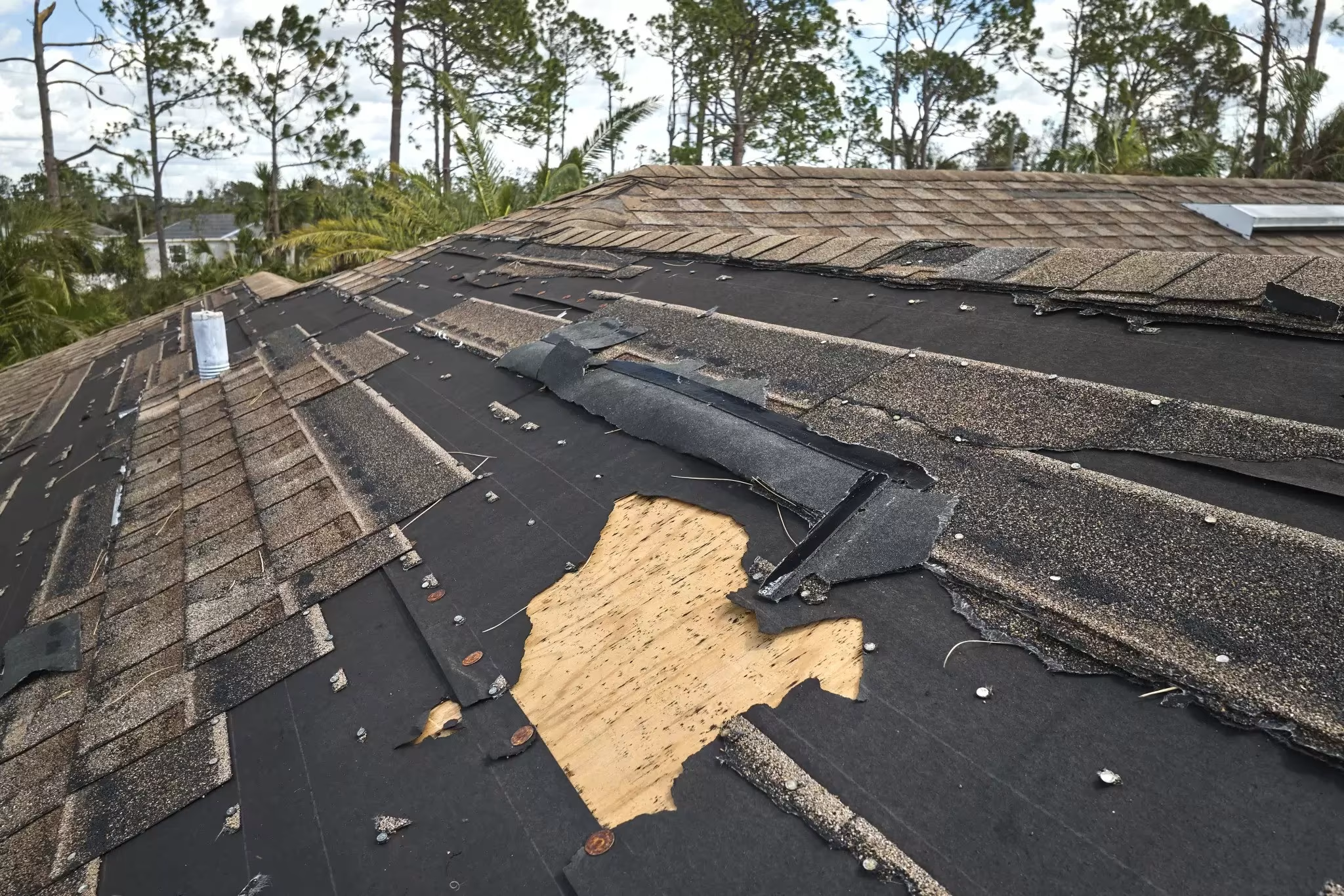
.svg)